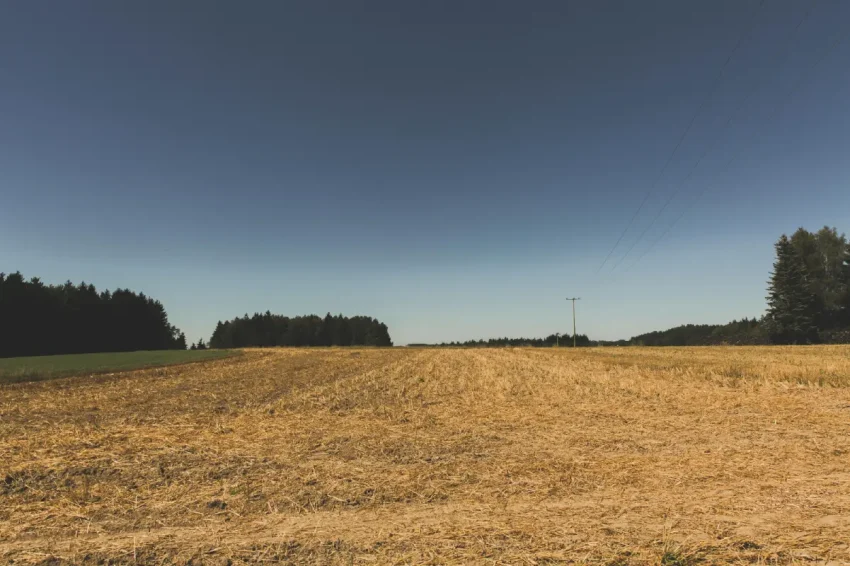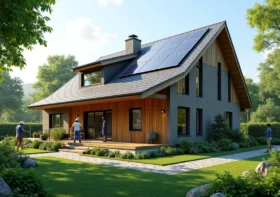5 Factors to Consider Before Buying Land

Purchasing land is among the most significant investments you can ever make, dictating the direction of your life in significant ways. For building a dream house, starting a business opportunity, or keeping it as a long-term investment, land ownership presents exceptional opportunities and obligations.
However, it is not a decision that should be taken hastily, as most unseen variables can impact the worth and utilization of a property. From legal limits to development possibilities, it all matters while making a purchase. To make an informed, savvy choice, the following five vital factors should be considered before land acquisition.
Contents
Zoning Regulations and Land Use
Zoning regulations determine the types of construction allowed and how land can be utilized, for instance, residential, commercial, agricultural, or industrial purposes. Check for any specific zoning overlays that dictate factors such as building height, density, and the required green space.
Consult with the county planning agency or municipal government to examine zoning maps and allowed uses. If you envision future rezoning of the land for another use, discover whether rezoning is allowed and how you can do it. Purchasing land without investigating zoning limitations can restrict your development possibilities or lead to conflict with the law.
Cost and Financing Options
Prices of land differ widely depending on locations, area zoning, and developments surrounding it. Apart from the price of its acquisition, it includes surveying fees, soil analysis, property tax, and utility connection.
A location such as Texas has beneficial tax laws and a lot of open land, which attracts many buyers. As you buy land in Texas, do a comparative cost analysis to make the right decision, based on your budget.
Consider how you’ll finance the purchase. Land loans might call for larger down payments and have shorter terms or greater interest rates than conventional homes do. Have a budget ready with long-term or concealed costs.
Land Accessibility and Infrastructure
Access to your property is a must, both for everyday usage and construction. Without access, the property can not be utilized and will be hard to resell.
Also, consider the provision of the same basic infrastructure, like electricity, water, sewerage, and the internet. The cost of installing utilities in remote locations can be exorbitant. Look at the state of adjacent roads, particularly if heavy machinery will be used for building or agricultural activities.
Soil Quality and Topography
Physical ground makeup plays a great deal in the way the land is used. If you’re going to construct something, have a soil test done to ascertain stability and drainage. Bad soil will slow development, add to foundation costs, or render the land undesirable for septic systems.
Topography counts too. Steeply sloping or irregular land could be hard to build on and could increase grading costs. Level, well-drained lots are usually best for development and farming. Check for flood zones or erosion dangers that may impact safety as well as insurance rates.
Legal and Title Considerations
Consider doing thorough homework, specifically checking for lines, conflict, or encumbrances tied to the land. To make every decision sound and accurate, work closely with a real estate attorney and local land experts. They will ensure contracts are legally binding and transparent.
This approach ensures no party shortchanges you, especially when you’re new to the property buying process. It translates to not only peace of mind but also saves you from strenuous court battles. Be candid with these experts on everything, including the easements and the history of the property’s inheritance.
Endnote
If carried out with the correct awareness, land acquisition is a sophisticated yet fulfilling activity. You want to focus on the main aspects such as the zoning laws, cost, and quality. This will ensure that you get a property that matches your budget and needs.



